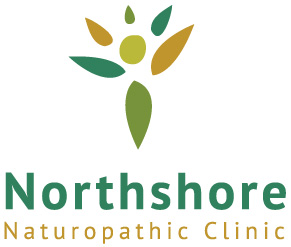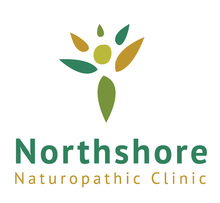By Dr. Matsen/Irene Hayton
Osteoporosis, which literally means “porous bones,” is a condition in which bones in the body lose density, resulting in fragile or brittle bones. People with osteoporosis are at increased risk of fractures, particularly in the wrists, spine, and hips.
Bones are living tissues; old bone is removed (resorbed) by cells called osteoclasts while new bone is added to the skeleton by osteoblasts. Peak bone mass typically occurs in the mid-30s; after this age, we tend to lose bone mass since bone formation slows down progressively as we get older. Women are more susceptible to developing osteoporosis because they have less bone mass than men to begin with, and because bone loss accelerates during menopause when estrogen levels drop, causing an increase in the resorption of existing bone.
Pharmaceutical drugs that are typically prescribed for the treatment of osteoporosis reduce bone resorption by killing off osteoclasts. As a result, bones may stay dense but they’ll be made up of a greater amount of old, poor quality bone cells. And, besides the negative side effects that they may have, these drugs do not contribute to the formation of new bone.
One of the supplements that I recommend for patients who are at risk of osteoporosis and other bone mineralization conditions is strontium, a mineral that’s highly effective at improving bone density and strength. Not to be confused with strontium-90, a highly dangerous radioactive compound released during nuclear testing in the 1950s, strontium supplements are non-radioactive and non-toxic.
Animal studies, human clinical trials, and bone tissue culture studies have shown that supplementing with strontium decreases bone resorption by slowing down the maturation and activity of osteoclasts and increases osteoblasts, thereby increasing the formation of new bone. Strontium also appears to act by replacing some of the calcium in bones and teeth and by drawing extra calcium into the bones.
When supplementing with strontium, your calcium intake—both from diet and from supplements—must be adequate. Typical recommendations are 1000 mg per day for younger adults and at least 1200 mg per day for those over the age of 50. But, because strontium and calcium are absorbed through the same pathways in the intestinal tract and they can block the absorption of each other, it’s important not to take strontium and calcium (from food or supplements) at the same time. A good idea is to take your strontium supplement in the morning on an empty stomach, one hour before breakfast, and take your calcium supplement just before going to bed at night.


